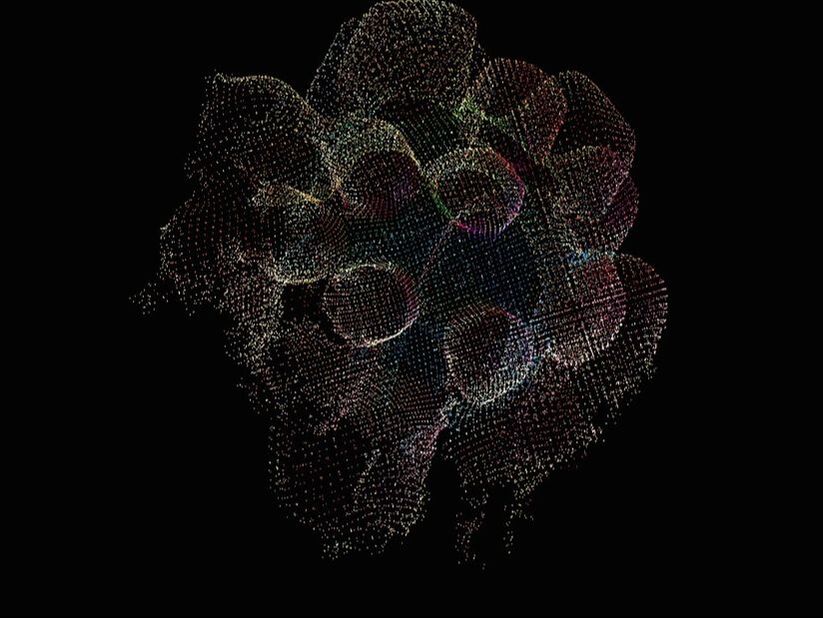|
Ravinder Kaur, University of Copenhagen, Denmark
COVID-19 is a truly global event. As the virus races past national borders claiming ever-new territories, the world seems to have come to an abrupt halt. Many nations across the world have undertaken emergency lockdown measures to contain the pandemic: from the closure of schools, universities and public institutions to cafes, restaurants and commercial establishments that facilitate social life. Airspaces and public transport have been closed, travel is minimal and public life is receding into private spaces as more and more people are asked to move to an online world. Put simply, the virus has turned a familiar world upside down, putting emergency brakes on a seemingly 24/7 non-stop world. The twenty-first century seems to be on pause, a pause that many are experiencing as an apocalyptic moment.
To think through this viral condition – a health emergency with profound social-political effects re-drawing our worlds – as apocalypse is to recover an older, mostly forgotten meaning of the term. Apocalypse means revelation, a moment when hidden knowledge, the inside workings of the world are revealed. It does not necessarily entail an end-of-the-world as such, but an end to how we have known and imagined it. If the world is exposed to the virus, the virus is exposing how the world works. The virus has imposed a state of emergency which is forcing us to confront ourselves.
0 Comments
Rachna Mehra, Ambedkar University Delhi, India
The COVID-19 pandemic across the world has reified the precarious transition brought about by a contagion which after colonizing a host of human bodies virulently spread beyond transnational borders causing a demographic and economic upheaval. While expeditious attempts are being made to discover the vaccine and find a cure for the disease, yet there is no alchemy that can serve as a panacea for the social turmoil which pre-existed the spread of the communicable disease and got exacerbated under the uncertain conditions produced by it. The syndrome may perhaps confound us for some more time but the response to it is unable to thwart some deep seated notions. This essay follows the bio-physiological trail of the pandemic alongside its sociological imputations and proposes that the imperceptible virus takes a more potent form when it permeates a corporeal being or is perceived to have emanated from a particular ethnic group, thus resulting in the effusion of inveterate prejudices whose containment is irremediable or beyond cure.
Nanna Bonde Thylstrup, Copenhagen Business School, Denmark; Zeerak Talat, University of Sheffield, UK; and Daniela Agostinho, University of Copenhagen, Denmark
Within the context of academia, much like in other sectors of society, the ongoing pandemic has exposed inequalities that we here describe as 'open secrets'. The disclosure of such open secrets, or 'hidden truths' that were never hidden to begin with, is being facilitated through the digitally networked spaces that bring us together more than ever. Engaging with the 'viral condition' foregrounded by this virtual symposium, this essay thinks through how the virality of digital media is currently intersecting with the unfolding viral pandemic. As we find ourselves connecting in new ways, we suggest that it is time to consider the challenges posed by digital networks, the troubled intimacies they generate, and their potential to forge alliances and solidarities amidst stark and growing inequality.
|
The Viral Condition: Identities
|
Explore Identities at tandfonline.com/GIDE |
|
The views and opinions expressed on The Identities Blog are solely those of the original blog post authors, and not of the journal, Taylor & Francis Group or the University of Glasgow.



